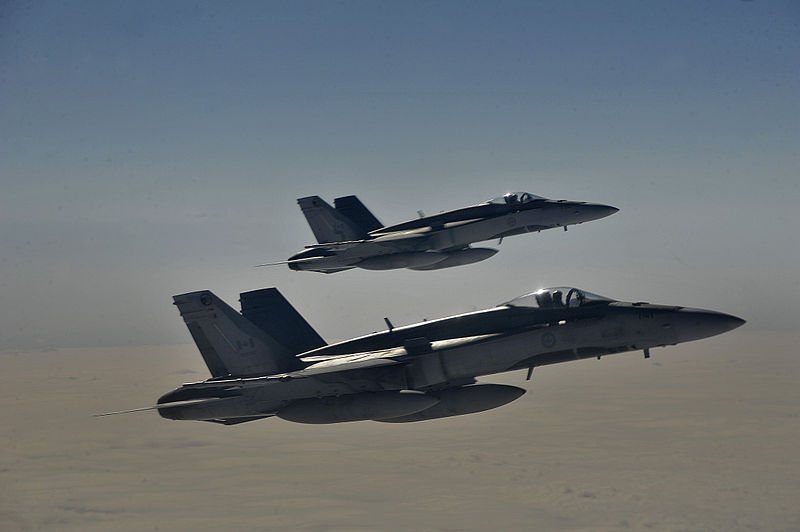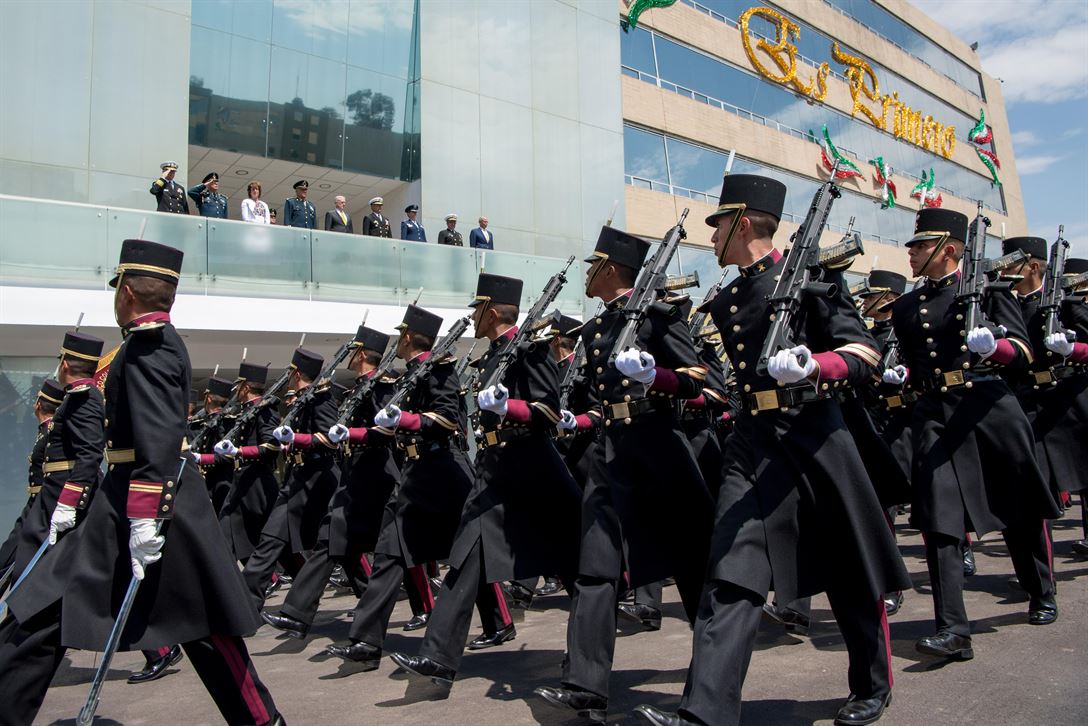There are 6 things that Canadians should know about the mission.
1. What is the name of NATO’s mission that Canada will be a part of in the Baltics?
Canada is one of four Framework Nations to lead a multi-national battalion in Latvia called Operation REASSURANCE in response to Russian aggression through land, maritime, and air forces. The other countries leading multi-national battalions are the United States leading in Poland, Germany leading in Lithuania, and the United Kingdom leading in Estonia.
2. What is Canada leading?
Canada will lead a multi-national force comprised of 1000 soldiers from Albania, Italy, Poland, Slovenia, and Spain.
3. What is Canada’s role in Latvia?
Minister of Defence Harjit Sajjan has recently said that Canada’s role has switched from reassurance to deterrence.
4. What is Canada doing exactly?
Currently a reconnaissance team led by Commodore Brian Santarpia is conducting initial assessments of what will be required for the full operation.
5. What is the reconnaissance team doing?
The reconnaissance team of specialists are conducting operational planning, policy, military training, logistics, medicals, signals and communications, transport, and finance, is working with Latvian and other allied officials to determine what is needed.
6. What is Canada contributing?
The Liberal Government has committed to putting $348.6 million towards the mission in the Baltics over the next three years. Canada will be contributing 450 troops and armoured vehicles, along with a frigate and six CF-18 aircrafts. Canada has also contributed $1 million towards the NATO Strategic Communications Centre of Excellence based in Riga for specialized programming.
Photo: Royal Canadian Air Force CF-18 Hornet Aircraft (2013), by TSgt Jason Robertson via Wikimedia. Public Domain.
Disclaimer: Any views or opinions expressed in articles are solely those of the authors and do not necessarily represent the views of the NATO Association of Canada.




